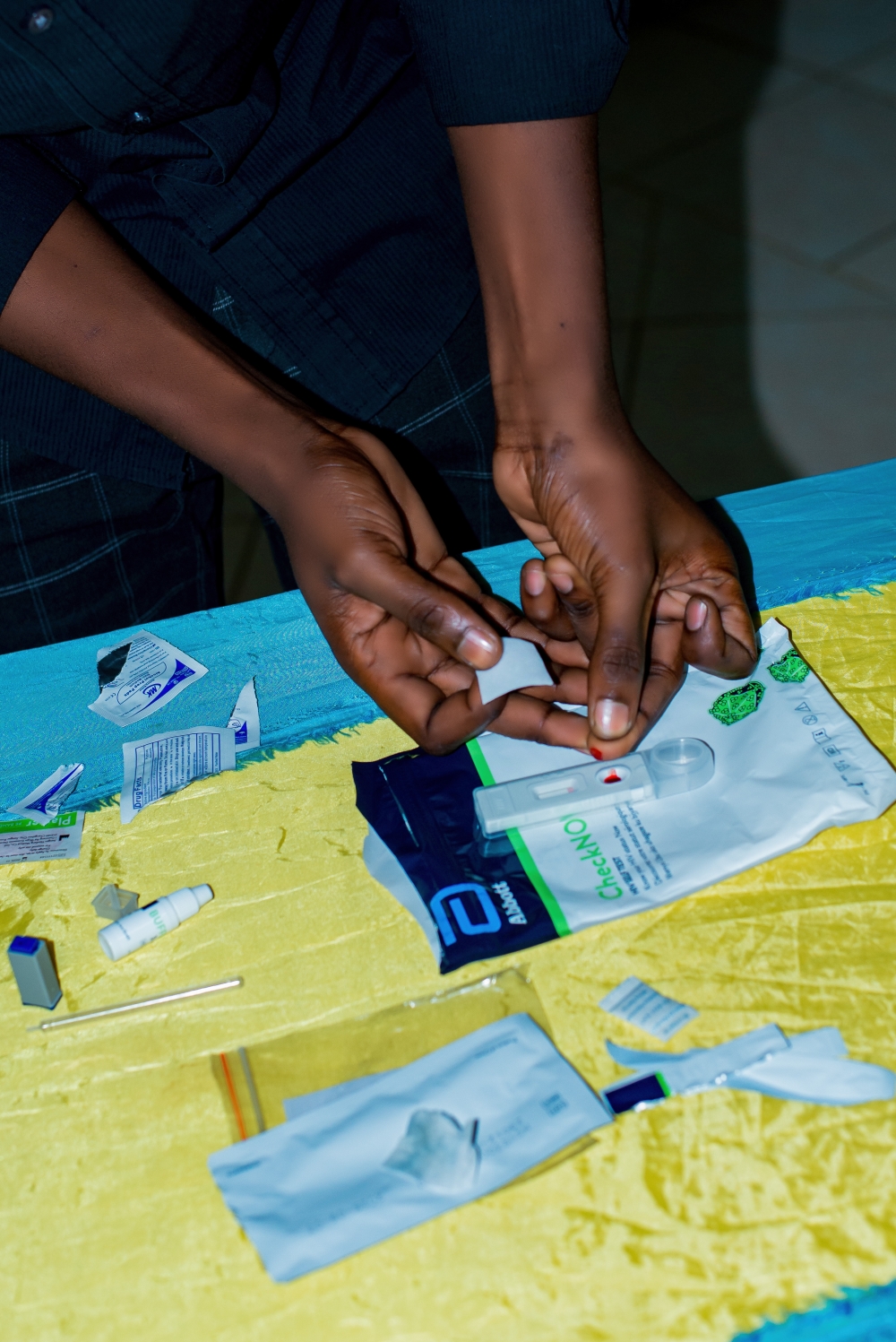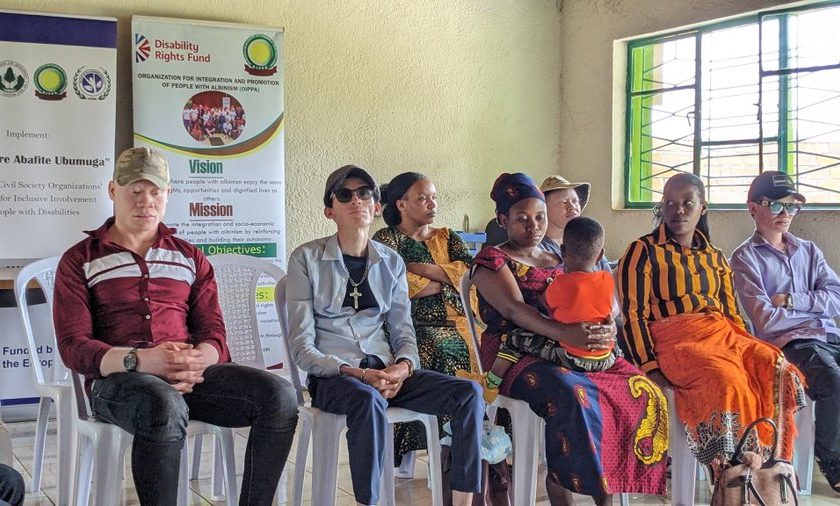In an effort to contribute to the ongoing efforts to combat the spread of HIV, Health Development Initiative (HDI) is collaborating with Rwanda Biomedical Center (RBC) to roll out an HIV self-testing outreach campaign across six universities nationwide.
The Director of the HIV Prevention Unit at RBC, Dr Basile Ikuzo, explains that the primary goal of this campaign is to enhance awareness about HIV prevention, encourage regular testing, and disseminate information on the significance of early treatment among university students.
He pointed out the significance of the campaign, relating it to the high prevalence of new HIV infections among young people.
“This trend highlights the urgency of our efforts. We are building on other approaches to bridge the gaps in HIV education and prevention targeting university students to ensure that young people have the information and other resources that they need to protect themselves,” he said.
He added that beyond the conventional services provided at health centres, self-testing kits represent a significant innovation.
“Self-testing kits offer students a convenient and private way to monitor their status. This empowerment is crucial for our goal of encouraging regular HIV testing, leading to early detection and timely treatment,” Dr Ikuzo explained.
Speaking to the media, the Director of Research at HDI, Dr Alain Favina, said that this campaign is aimed at empowering students with essential tools and knowledge to proactively manage their health and combat stigma associated with HIV.
“We introduced self-testing kits to empower young people to take charge of their health in a safe and private manner. Our goal is to make HIV testing more accessible and less intimidating,” he said.
He added that in addition to providing the testing kits, HDI collaborated with RBC to also launch an extensive educational campaign across these university campuses to educate the students about the importance of HIV testing, how to use the self-testing kits, and the steps to take if the test result is positive.
The six universities participating in the program include the University of Rwanda- Kigali, Nyagatare and Huye Campuses, IPRC Kigali, University of Kigali, Institut d’Enseignement Supérieur de Ruhengeri (INES-Ruhengeri) as well as the University of Tourism, Technology and Business (UTB)- Gisenyi Campus.
As part of the comprehensive approach to HIV prevention and awareness, the HIV campaign also focused on educating students about both Pre-Exposure Prophylaxis (PrEP), a preventive treatment for individuals who do not have HIV but are at high risk of contracting it and Post-Exposure Prophylaxis (PEP), an emergency treatment for individuals who may have been exposed to HIV.
According to RBC, over 300 health facilities have been trained and equipped with PrEP and PEP medications for high-risk categories.
Adolescent girls and young women are among the most affected populations and at risk of acquiring HIV.
A report released by UNAIDS in July last year recognised Rwanda as one of the top four countries that have effectively managed the HIV/AIDS epidemic.
Titled “Are efforts for HIV prevention waning?” the report, revealed that Rwanda, along with Botswana, Eswatini, and Tanzania, have successfully met the “95-95-95” targets set by UNAIDS ensuring that 95 percent of individuals living with HIV in a country are aware of their status, 95 percent of those aware of their HIV-positive status are receiving antiretroviral treatment, and 95 percent of people on treatment have achieved viral suppression.
SOURCE: TNT





